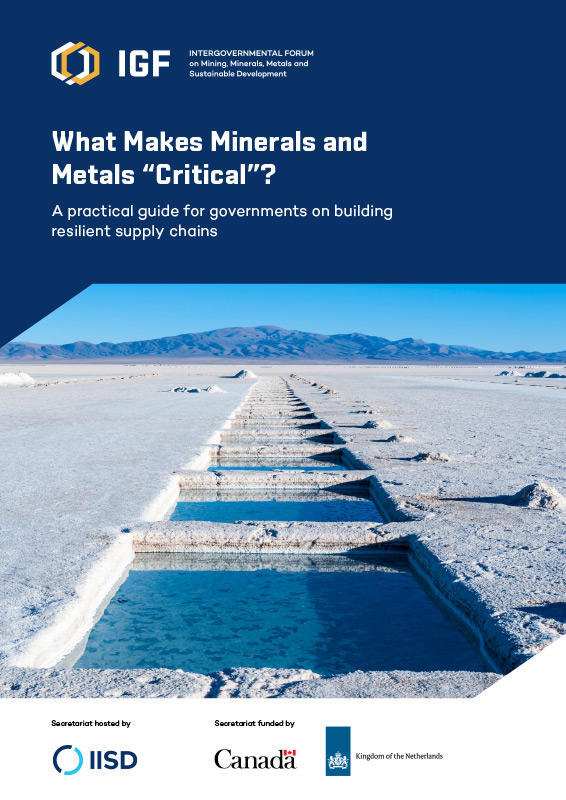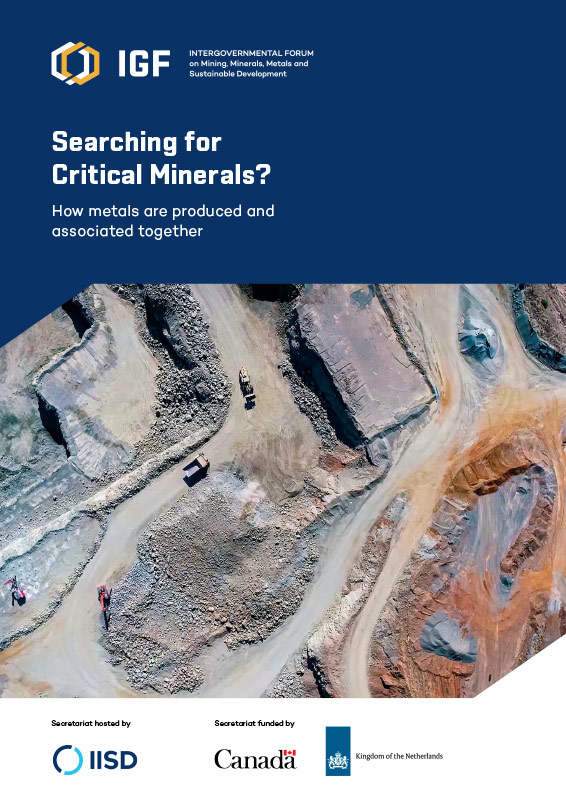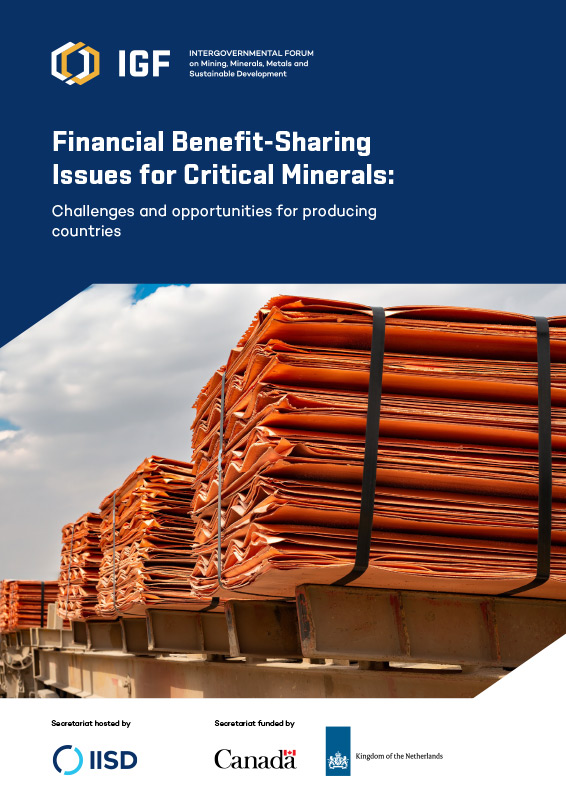Strategic Positioning in Critical Minerals Supply Chains
We support our members in building and contributing to resilient critical minerals supply chains in line with their national objectives, regional priorities, and international initiatives.
The global energy and digital transitions are expected to sharply increase demand for critical minerals for related technologies and infrastructure, providing a window of opportunity for sustainable socio-economic development. At the same time, the shift away from fossil fuel-based energy will offer governance challenges in many countries, including nations hosting new and expanding mining operations to extract these minerals. Beyond mining countries, this transformation will have major implications for any country participating in critical minerals supply chains.
We support our members in building and contributing to resilient critical minerals supply chains in line with their national objectives, regional priorities, and international initiatives.

This practical guide provides a series of questions that may guide governments when considering the design of strategic policies and roadmaps with respect to minerals and metals they produce and/ or need for resilient industrial supply chains.
As demand for critical minerals rises, so do concerns about supply shortfalls, which could undermine the energy transition. The supply question is closely linked to both geology and technological advancements, which will shape demand levels for specific minerals and the potential for countries that host those deposits to supply the minerals. To bridge the supply gap, diverse sources will need to be explored in the short and medium terms, including artisanal, small-, and large-scale mining; reprocessing mine waste and tailings; and recycling end-use products.

For policy-makers it is important to understanding how metals are produced and are associated together in mineral deposits and mining operations. This technical brief provides an overview and highlights some challenges that may be encountered in the search for minerals that are critical for the energy transition.
The financial, economic, and social benefits of mining are vital for resource-rich developing countries. If critical mineral supply chains are to be resilient and inclusive, these countries must fully benefit from mineral extraction.

Are current fiscal approaches and policies aligned with national strategies, including ensuring that mineral-rich developing countries collect an appropriate share of the financial benefits from critical minerals value chains? If not, what needs to change?
In addition to engaging directly with member countries, the IGF works with key regional organizations on critical minerals, including the Association of Southeast Asian Nations, the Mines Ministries of the Americas Conference, and the Organisation of the African, Caribbean, and Pacific States.
We held a series of consultations in 2023 with members to better understand their national priorities, involvement in regional initiatives, and viewpoints on global responsibilities with respect to critical minerals. These consultations yielded important insights and perspectives from producing and developing countries—that are often missing from global policy discussions— and are shaping the IGF’s work with governments on critical minerals.